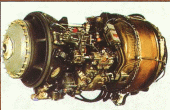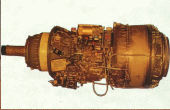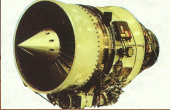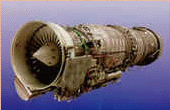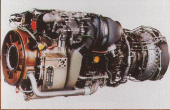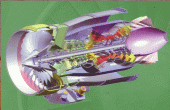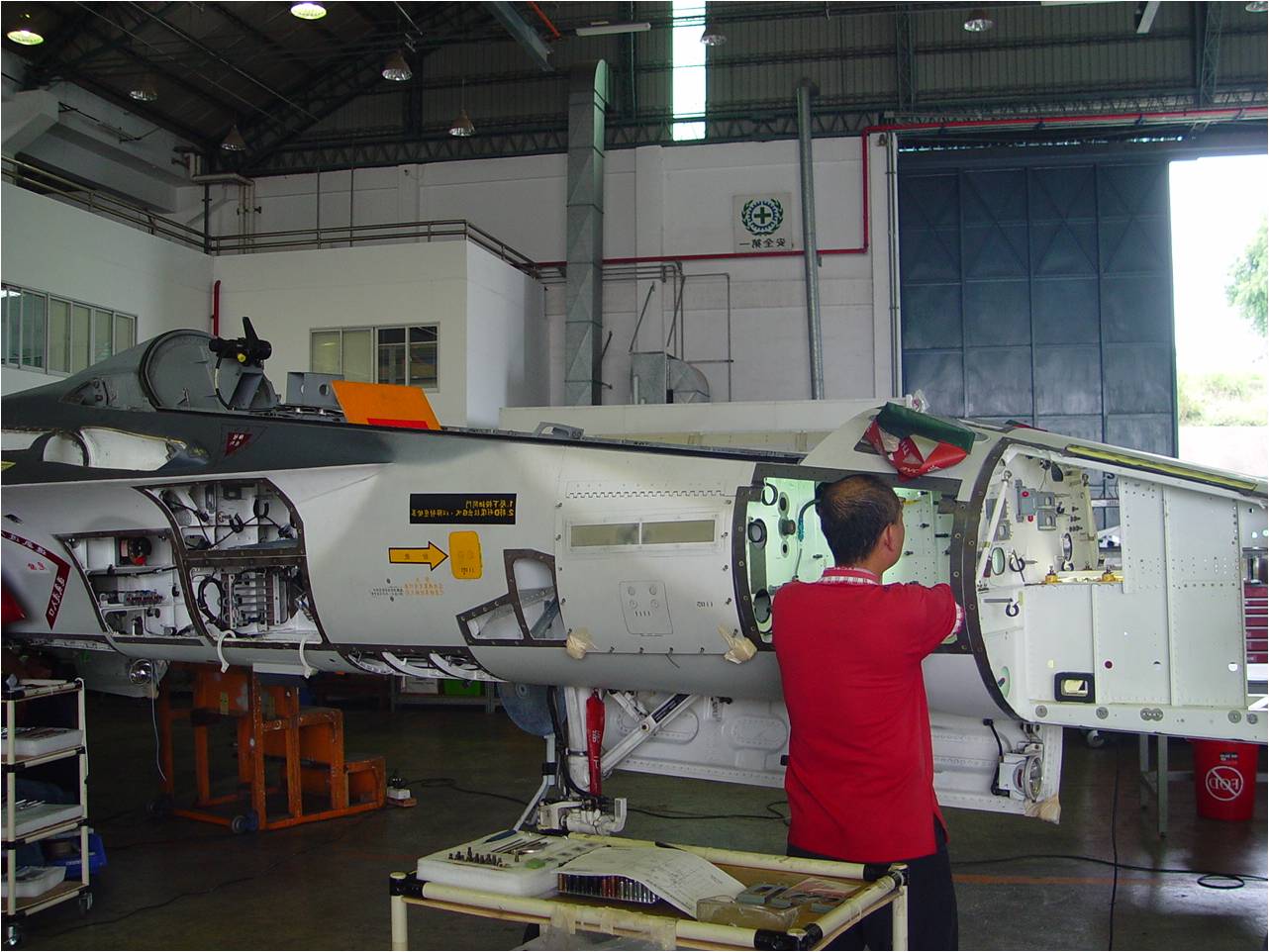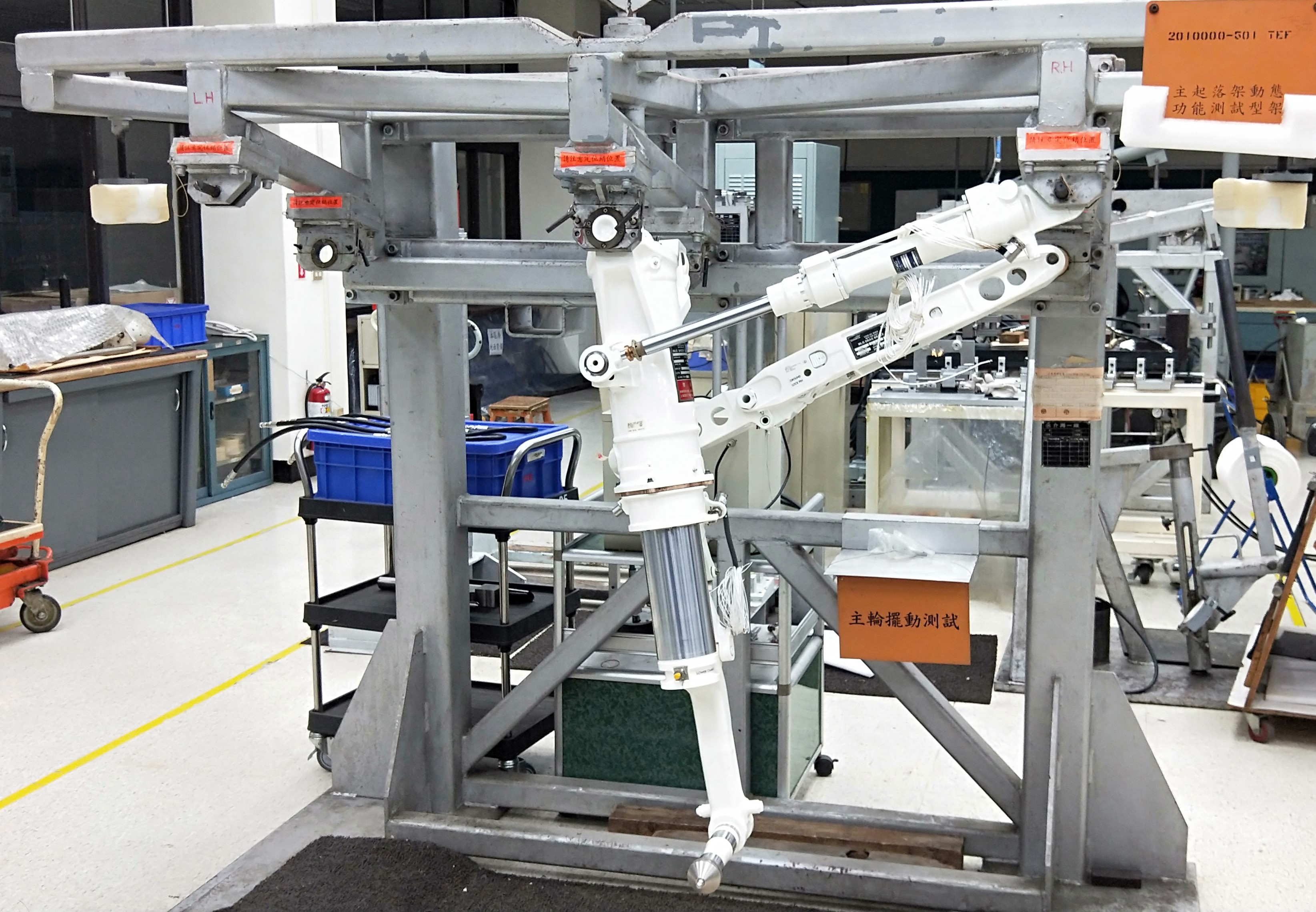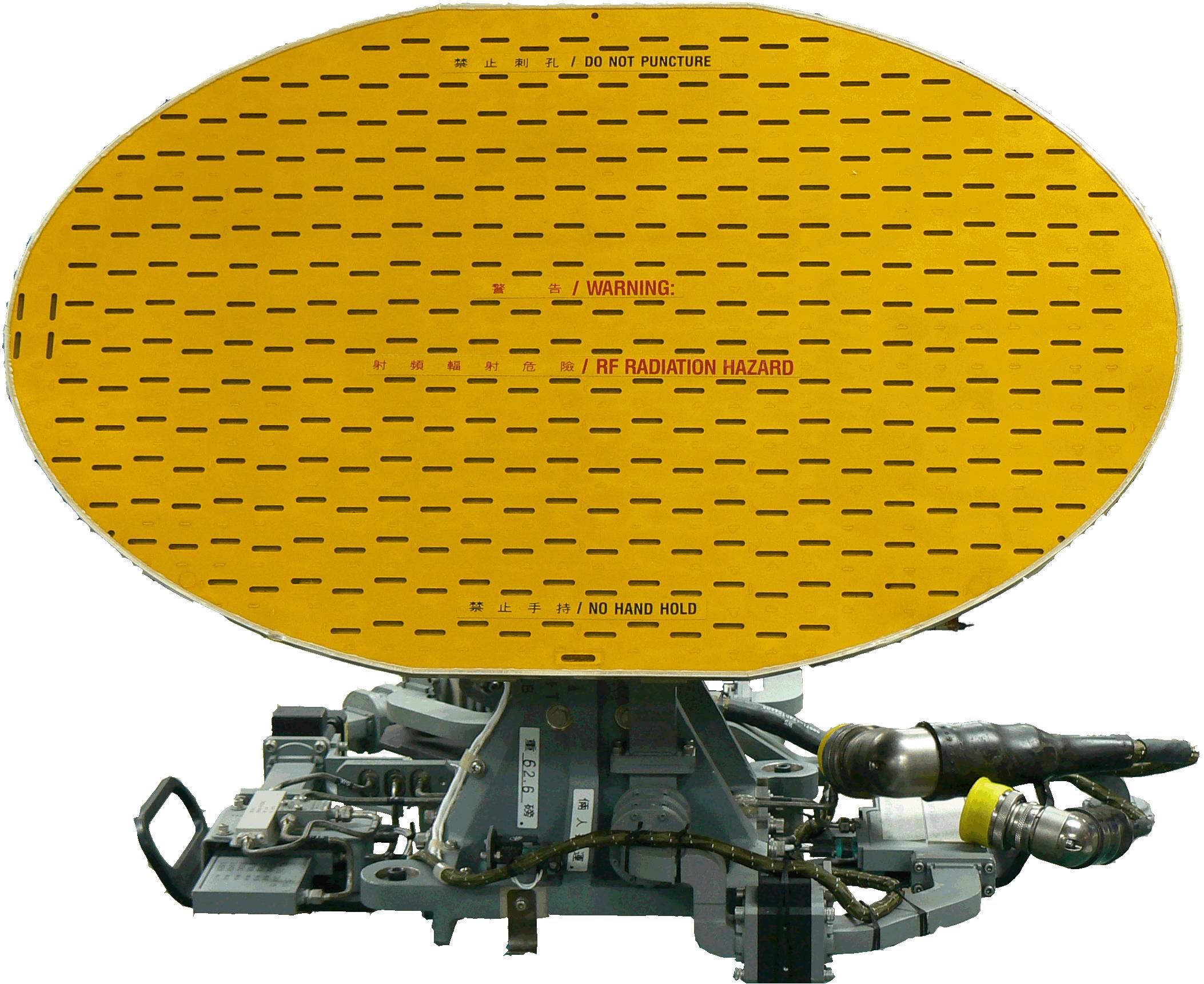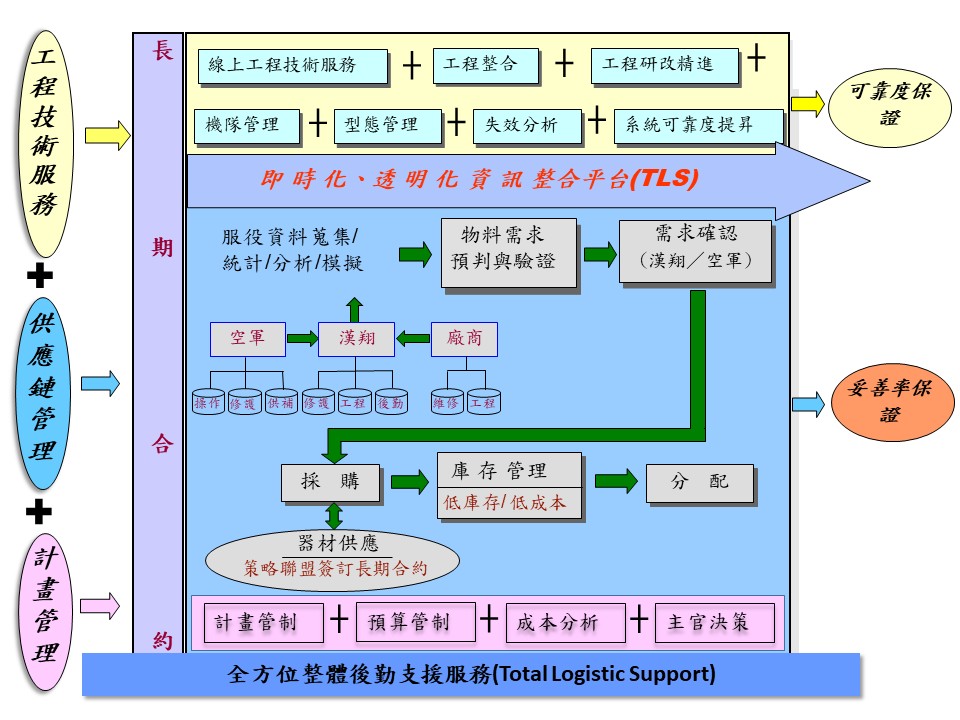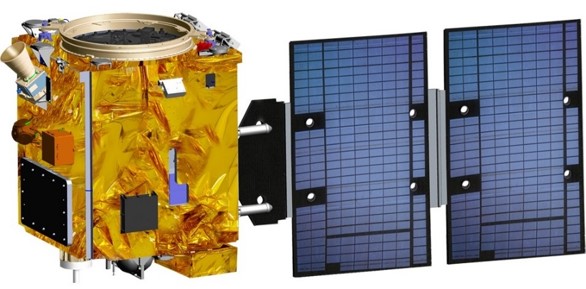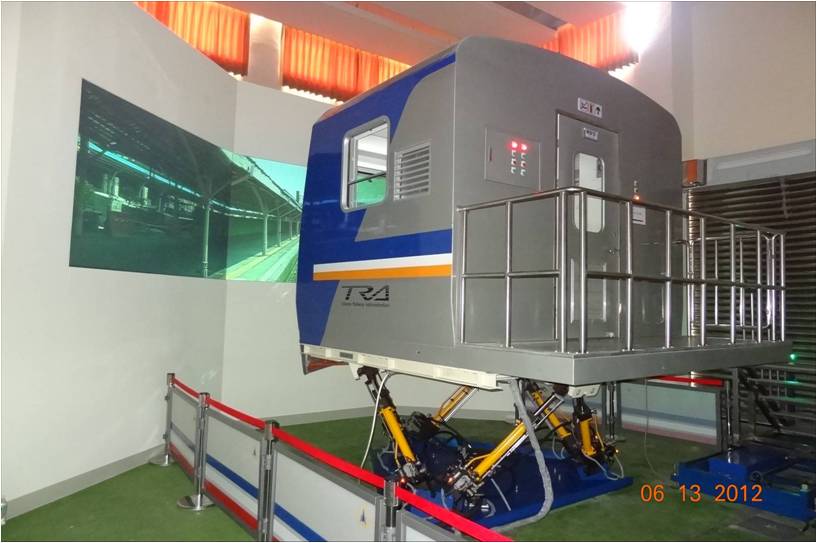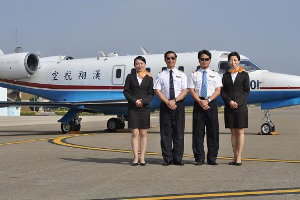2017/11/3
AIDC and the National Cheng Kung University (NCKU) co-hosted a delivery ceremony at AIDC, Taichung, following the completion of the structural parts both parties collaborated in the manufacture of the radiator mounted on the Alpha Magnetic Spectrometer (AMS-02).
The parts and components of the AMS-02 radiator will be shipped to Germany and Italy for testing and assembly, and lastly be installed on the AMS-02 in the International Space Station. It will enable the AMS to continue collecting anti-matter data till 2024~2028, by which the NASA researchers hope to find answers and evidence of the Big Bang. This upgrade project is considered the most challenging task ever among all the space maintenance missions and far more difficult than the 1994 mission which fixed the Hubble space telescope.
Any structural parts or instruments that will enter space need the capacity to withstand extreme environmental conditions, therefore it really took AIDC/NCKU team a great deal of effort to overcome the technical issues. Fortunately the system turned out to be durable under the circumstances of high pressure, intense vibration, and drastic temperature, which are attributed to the selection of the Inconel 718. However, the downside of the Inconel tube is the thinness in diameter, which makes it very difficult to clean the center of the tube. The team eventually developed an automatic cleaning system, which has since been included in NASA SOP. “The team won compliments from the deputy director of NASA for both solving the technical problem and program cost savings;” as recounted by AIDC Chairman Anson Liao during the ceremony.
The completion of the AMS-02 radiator structural pieces showcased the implementation of AIDC’s industry-academy collaboration policy with proving efficiency of the AIDC/NCKU team. We will continue to expand the scope of cooperation with academia in the enhancement of production related technologies, and we hope through such cooperation, we will be able to attract more young talent with various expertise to join the aviation industry and achieve a thriving industry,” Chairman Liao added.
The AMS-02 was installed on the International Space Station in 2011. After 6 years of operation it desperately required upgrade. To renew a test instrument in the space is of tremendous difficulty. The team decided to make a new external thermal control system and mount it to the original body of the instrument. This is an international collaborative project consisted mainly of Taiwan, U.S., China, Germany, and Italy.
AIDC was invited by Dr. Samuel C.Ting in 2007 to work on the design and manufacture of critical parts for the Thermal Control System (TSC) of AMS-02. The next year, more tasks were entrusted to AIDC including manufacture of the condenser and the heat exchanger, and the assembly and testing of Tracker TCS (TTCS) and TTCS box integration (TTCB) parts. Having recognized AIDC’s capability, Dr. Ting again invited AIDC in 2015 to team up with NCKU on the manufacture of the AMS-02 radiator components. NASA was very pleased that the quality and the test results of the components were meeting NASA standards and requirements.
The aerospace industry integrates a wide spectrum of technologies including mechanics, material, automatic control, electronics, electricity, and communication. AIDC has been keen to cultivate professional talents. Therefore in 2015, AIDC and NCKU co-founded the “AIDC/NCKU Collaborative Research Center” in an effort to drive research resources to meet industrial technology requirements including automation, Industrial 4.0, high-end aero engine design, composite material, aerostructure design, etc. There has been approximately 700 engineers recruited to support the R&D of Taiwan’s new Advanced Trainer Program and the effort will maintain the legend for the long term development of Taiwan’s aerospace indu
The parts and components of the AMS-02 radiator will be shipped to Germany and Italy for testing and assembly, and lastly be installed on the AMS-02 in the International Space Station. It will enable the AMS to continue collecting anti-matter data till 2024~2028, by which the NASA researchers hope to find answers and evidence of the Big Bang. This upgrade project is considered the most challenging task ever among all the space maintenance missions and far more difficult than the 1994 mission which fixed the Hubble space telescope.
Any structural parts or instruments that will enter space need the capacity to withstand extreme environmental conditions, therefore it really took AIDC/NCKU team a great deal of effort to overcome the technical issues. Fortunately the system turned out to be durable under the circumstances of high pressure, intense vibration, and drastic temperature, which are attributed to the selection of the Inconel 718. However, the downside of the Inconel tube is the thinness in diameter, which makes it very difficult to clean the center of the tube. The team eventually developed an automatic cleaning system, which has since been included in NASA SOP. “The team won compliments from the deputy director of NASA for both solving the technical problem and program cost savings;” as recounted by AIDC Chairman Anson Liao during the ceremony.
The completion of the AMS-02 radiator structural pieces showcased the implementation of AIDC’s industry-academy collaboration policy with proving efficiency of the AIDC/NCKU team. We will continue to expand the scope of cooperation with academia in the enhancement of production related technologies, and we hope through such cooperation, we will be able to attract more young talent with various expertise to join the aviation industry and achieve a thriving industry,” Chairman Liao added.
The AMS-02 was installed on the International Space Station in 2011. After 6 years of operation it desperately required upgrade. To renew a test instrument in the space is of tremendous difficulty. The team decided to make a new external thermal control system and mount it to the original body of the instrument. This is an international collaborative project consisted mainly of Taiwan, U.S., China, Germany, and Italy.
AIDC was invited by Dr. Samuel C.Ting in 2007 to work on the design and manufacture of critical parts for the Thermal Control System (TSC) of AMS-02. The next year, more tasks were entrusted to AIDC including manufacture of the condenser and the heat exchanger, and the assembly and testing of Tracker TCS (TTCS) and TTCS box integration (TTCB) parts. Having recognized AIDC’s capability, Dr. Ting again invited AIDC in 2015 to team up with NCKU on the manufacture of the AMS-02 radiator components. NASA was very pleased that the quality and the test results of the components were meeting NASA standards and requirements.
The aerospace industry integrates a wide spectrum of technologies including mechanics, material, automatic control, electronics, electricity, and communication. AIDC has been keen to cultivate professional talents. Therefore in 2015, AIDC and NCKU co-founded the “AIDC/NCKU Collaborative Research Center” in an effort to drive research resources to meet industrial technology requirements including automation, Industrial 4.0, high-end aero engine design, composite material, aerostructure design, etc. There has been approximately 700 engineers recruited to support the R&D of Taiwan’s new Advanced Trainer Program and the effort will maintain the legend for the long term development of Taiwan’s aerospace indu

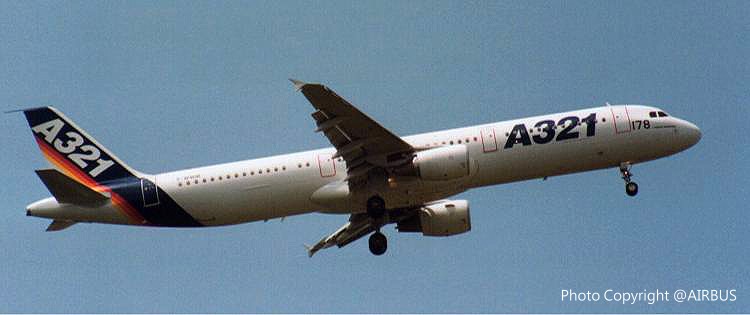
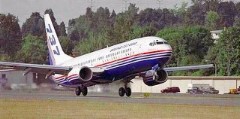
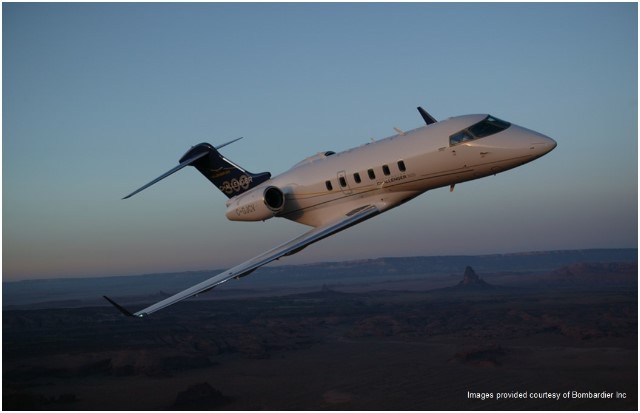
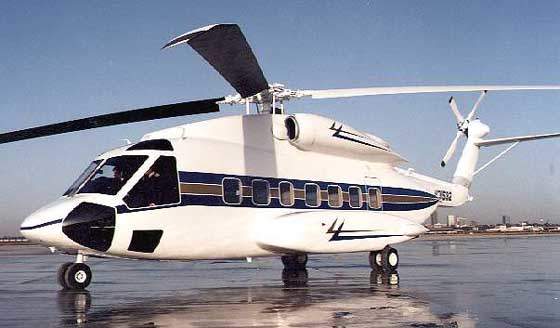
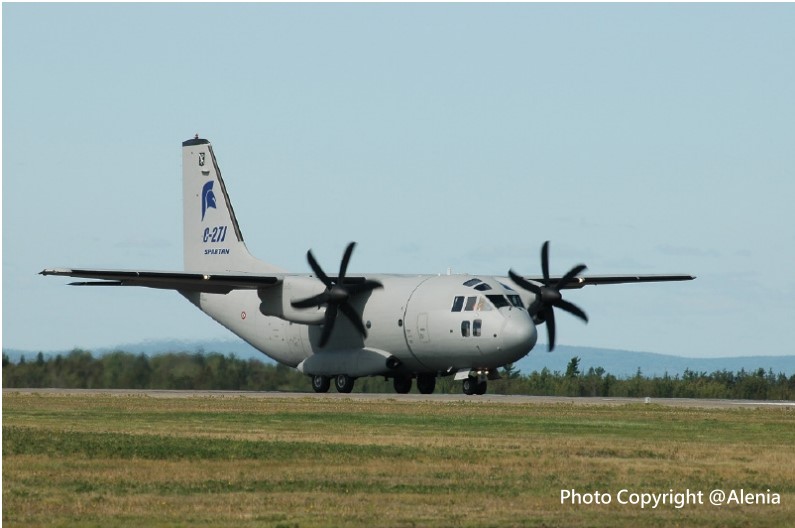
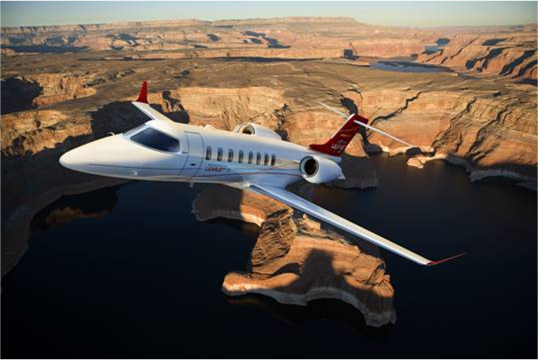
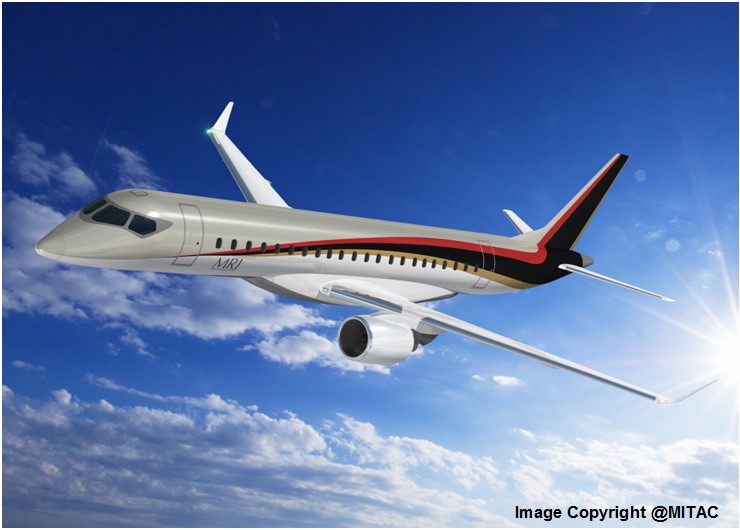
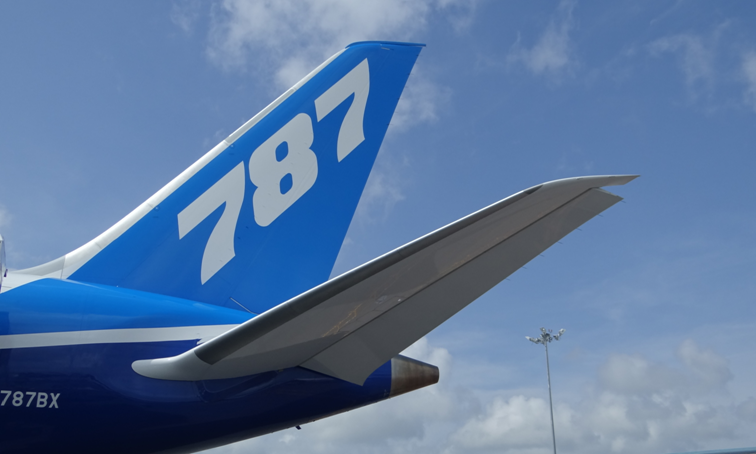
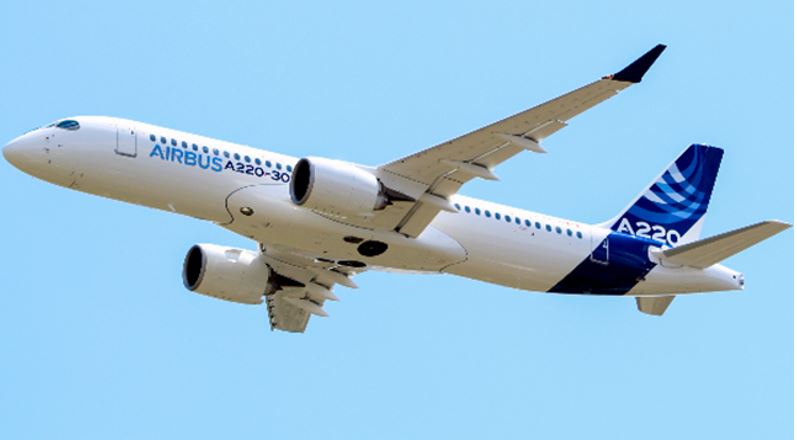
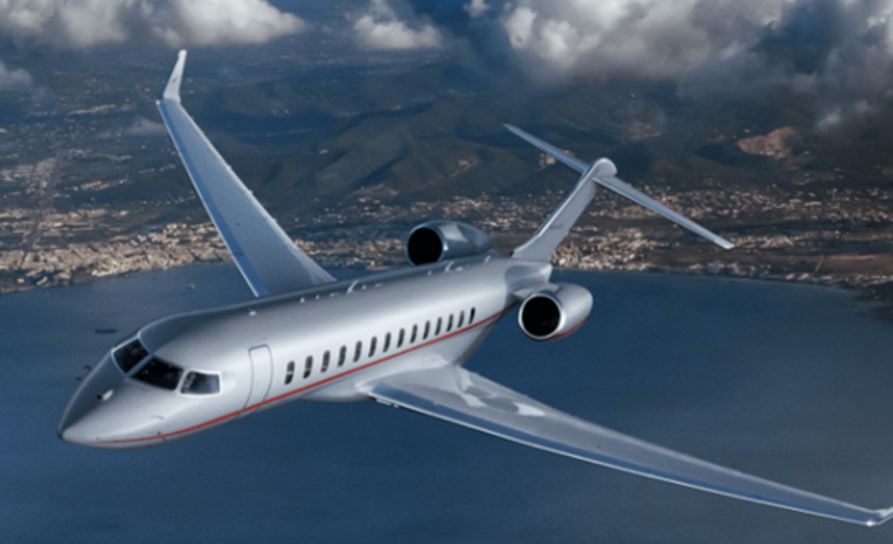

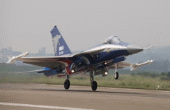
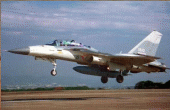
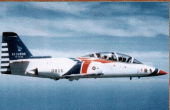
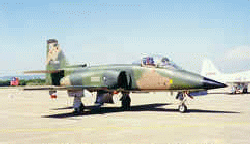
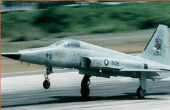
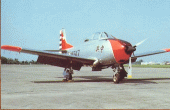
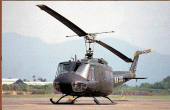
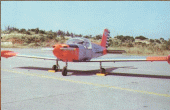
.jpg)
